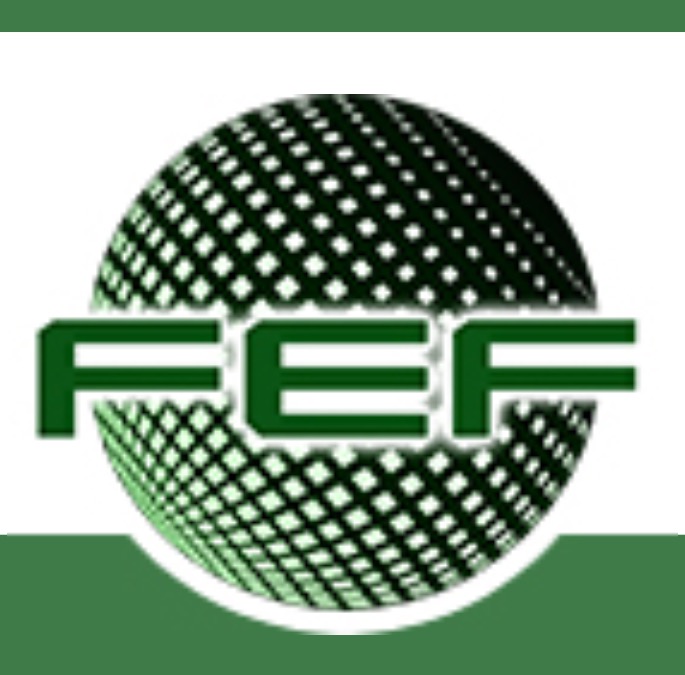
Foundation for Economic Freedom FEF is a non-profit advocacy group for good economic governance and market-friendly reforms
A group of prominent economists appealed to the government to end the Luzon-wide lockdown as originally scheduled on April 12, and henceforth shift to “calibrated easing,” worried about further economic damage amid an ongoing war against the coronavirus (COVID-19) pandemic.
Foundation for Economic Freedom (FEF), an organization dedicated to free market reforms and good governance, explained that certain restrictions imposed on the movement of people and commerce are “having a harmful effect on people’s livelihoods and ultimately also endanger public health.”
“The calibrated easing of restrictions can be accompanied by specific safeguards and hygienic measures to reduce the risk of spreading the disease while allowing a limited resumption of economic activity,” FEF said in a statement on Thursday.
The calibrated easing of the Enhanced Community Quarantine (ECQ) was proposed by FEF along with 18 conditions:
1. Mandatory use of face masks for everybody.
2. Mandatory social distancing.
3. Allow public transport to resume with disinfection measures before and after every trip.
4. Remove checkpoints between local government units (LGUs) and allow free movement of all goods with disinfection measures before and after every trip.
5. Prohibit car-sharing except for passengers from the same origin.
6. Encourage work-from-home arrangements and staggered working hours.
7. Sustain hard lockdown for certain barangays or neighborhoods which are identified as COVID-19 hotspots.
8. Continue quarantine of seniors and immune-compromised individuals.
9. Continue ban on mass gatherings of any kind including classes, religious gatherings, or public events.
10. Allow factories and offices to reopen but continue the ban on congregations of more than 10. Stagger working hours when appropriate. Allow the operation of essential stores like hardware stores, supermarkets, groceries, and the like.
11. Institutionalize temperature-taking at hotels, malls, and workplaces. Install hand sanitizer stations strategically in all malls and buildings. Install hand-washing stations where possible.
12. Build quickly to boost capacity: temporary COVID-specialized hospitals in all regions and quarantine hotels to house PUIs (persons under investigation) and PUMs (persons under monitoring).
13. Mobilize the private sector to produce face masks and personal protective equipment (PPE), and to use supply chain connections to import ventilators and other medical equipment.
14. Encourage private sector, particularly large corporations, to provide financial and other assistance to the effort, as well as to continue payment of salaries to their employees.
15. Ensure that all local government units implement a uniform policy on checkpoints and curfews as mandated by the Inter-Agency Task Force (IATF).
16. Where and whenever possible, do mass testing or random testing to give valuable data for decision points.
17. Continue the all-out support for our frontliners, particularly the heroic doctors, nurses and other health workers.
18. Conduct weekly evaluation and assessment to further ease or dial-up restrictions.
The group said mandatory social distancing, for instance, should still be enforced even if it would limit capacities and reduce efficiency. The rule may be eased or made more stringent as the situation dictates but it should be enforced aggressively for all activities, the group said.
Meanwhile, FEF warned that the lack of public transport was “particularly injurious to the poor and harms public health.”
FEF is chaired by former Finance Secretary Roberto de Ocampo while its president is Calixto Chikiamco. Economist Romeo Bernardo is vice chair.
Board advisers are Thomas Allen, Raul Fabella, Gerardo Sicat and Cesar Virata.

